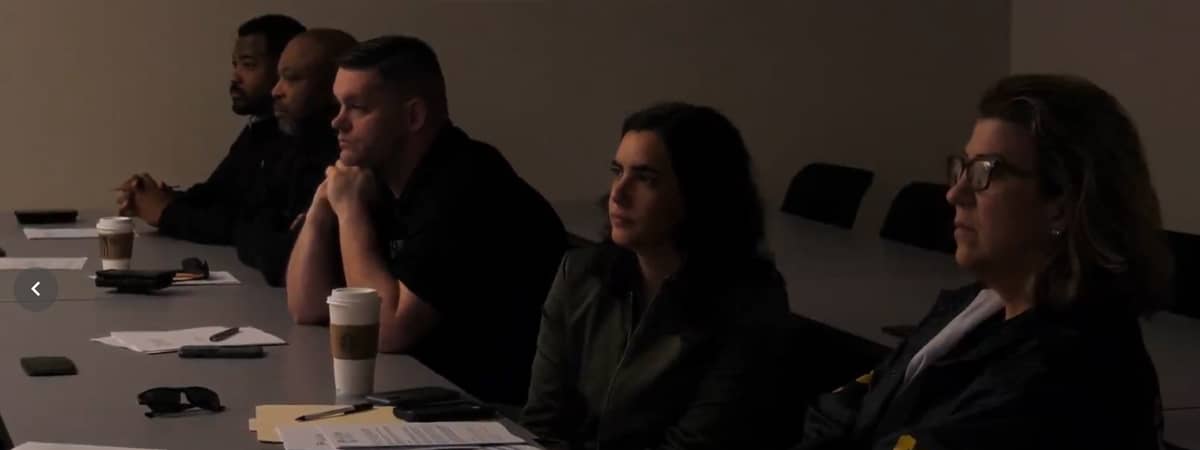Did you know there are over 75 different jobs waiting for you in the criminal justice field, such as law enforcement, corrections, forensic science, homeland security, private security, and academia? If you are looking for a career in a noble, fast-paced profession, the administration of justice program is for you!
Allan Hancock College's enhanced administration of justice program offers a wide array of classes specifically designed to prepare students for professional and academic careers in law enforcement and policing; the courts and the law; and state, local, and private corrections. The available transfer degree program prepares students to transfer to any CSU or UC campus that offers bachelor's degrees in administration of justice or criminal justice for further study.
Students interested in administration of justice may also be interested in Hancock’s Law Enforcement Academy where students will train in a state-of-the-art law enforcement facility.
Please note that the NEW Cybersecurity Certificate will be offered in fall 2026; currently, Hancock offers cybersecurity classes.
Degrees and Certificates Offered
Each program has unique requirements. The order in which you take courses may affect your completion time. Visit the links below to view the program requirements and a general semester-by-semester course schedule.
Associate in Science for Transfer- Administration of Justice
Associate in Science- Administration of Justice
To view all available degrees and certificates visit the Allan Hancock College course catalog.
Programs you may also be interested in exploring...
Contact Information
Faculty Coordinator Kurt Kruse 805-922-6966 ext. 3801 kurt.kruse@hancockcollege.edu
Department Chair
Thesa Roepke
805-922-6966 ext. 3436
troepke@hancockcollege.edu
Administrative Assistant
Sandra C. Orozco
805-922-6966 ext. 3401
sorozco@hancockcollege.edu
Dean, Academic Affairs
Thomas J. Lamica Jr. M.A.
805-922-6966 ext. 3261
Thomas.lamica@hancockcollege.edu
LOCATION
- Santa Maria campus, Bldg. H


